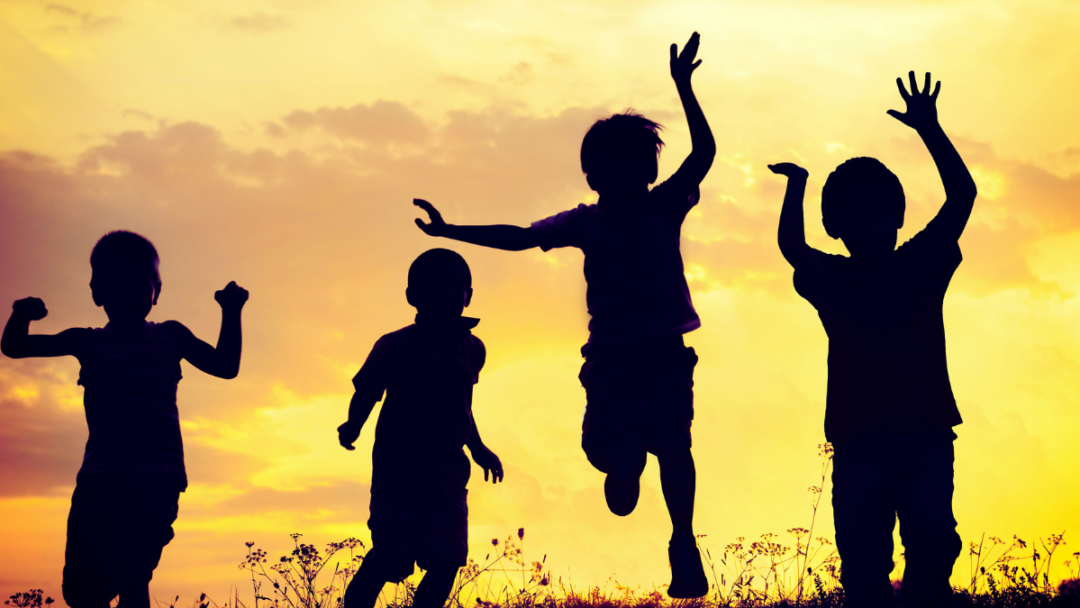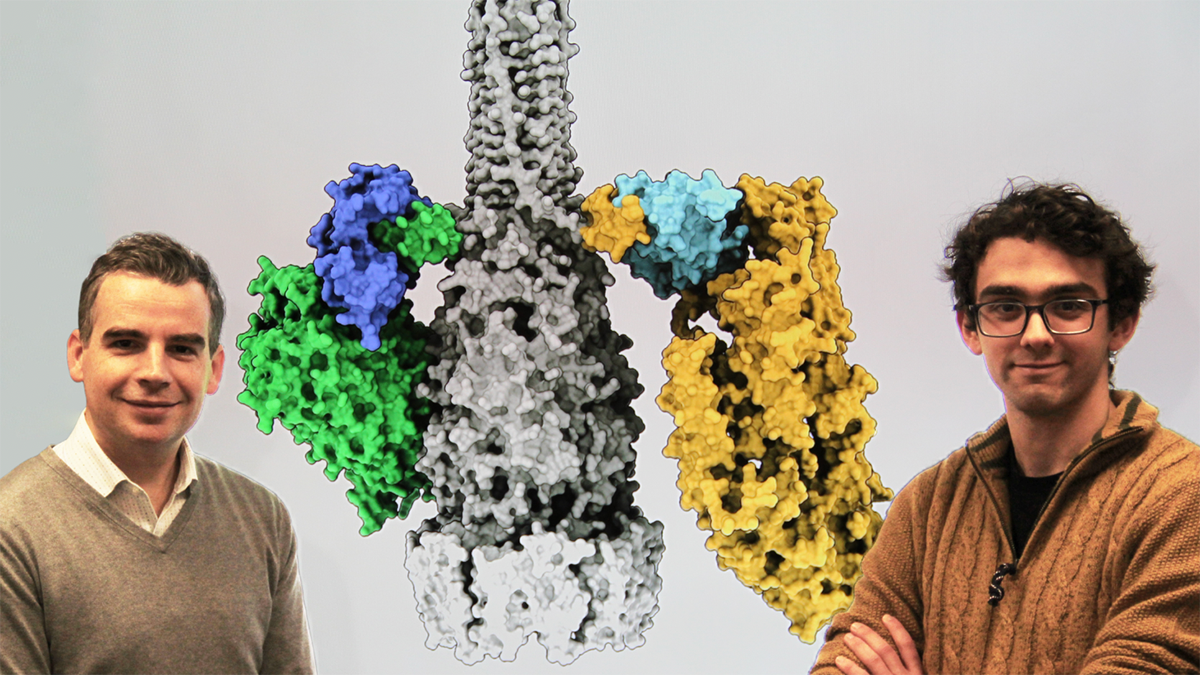Teaching First Nations children living off-reserve about Indigenous culture linked to better well-being

Teaching Indigenous culture and fostering community cohesion significantly enhances the socioemotional and behavioural well-being of First Nations children living off-reserve in Canada, a new study from McMaster University researchers finds.
In the study, published on Nov. 12, 2024, in Child Development, researchers investigated factors that were associated with positive well-being among First Nations children living off-reserve. This was done, in part, because up to 87 per cent of studies on Indigenous children and adult’s health focus on negative outcomes.
“The guidance of our Indigenous partners highlighted for us the vital role Indigenous-specific factors play in building resilience in First Nations children,” says senior author Ryan Van Lieshout, a professor with McMaster’s Department of Psychiatry & Behavioural Neurosciences, and Canada Research Chair in Perinatal Mental Disorders.
Van Lieshout and the research team highlighted several factors that were associated with improved well-being. These included:
- Children being taught their Indigenous culture, such as language
- Community cohesion, including connections to quality education and adequate facilities for children like rinks and parks
- Caregiver nurturance, such as time spent together or discipline
- Positive parental and caregiver health
- Fewer household members
Early childhood is a critical period for the optimal development of socioemotional and behavioural well-being. Researchers say positive experiences during this time can shape a child’s future, leading to better academic achievement, school attendance, and fewer mental health challenges in adulthood.
“We know from previous studies that experiences during early childhood can impact life trajectory. Our study adds to the literature by examining both Indigenous- and non-Indigenous-specific factors that are relevant to First Nations children’s positive well-being,” says lead author Sawayra Owais, a McMaster MD/PhD student who works under the supervision of Van Lieshout.
Researchers say it was important to investigate these factors because few studies examine off-reserve populations despite a large number of First Nations families and children living off-reserve. They hope the study can empower First Nations members to leverage these factors to continue promoting the socioemotional and behavioural well-being of children, their families, and communities.
“The importance of this study is bringing to the surface the impact intergenerational trauma has on the disenfranchisement of off-reserve well-being, specifically mental health as a continuum of colonization. The study highlights the challenges people living off-reserve face in accessing traditional knowledge and maintaining a sense of community belonging. This lack of access to cultural practices, language, and family connections further exacerbates their sense of isolation and disenfranchisement,” says Troy Hill, a study co-author who is a Kanien’kehá:ka from Six Nations of the Grand River.
The study involved 2,990 First Nations children aged two to five years old living off-reserve. Data was collected from the Aboriginal Children’s Survey (ACS) conducted between 2006 and 2007. Researchers used the Strengths and Difficulties Questionnaire (SDQ) to assess the children’s socioemotional and behavioural well-being.
The study was supported by funding through the Canadian Research Data Centre Network Emerging Scholars Award.
Dept. Psych, ResearchRelated News
News Listing

Department of Medicine ➚
Pain to progress: An impactful history of lupus research and care at McMaster
Collaborations & Partnerships, Education, Research
2 days ago

Brighter World ➚
McMaster research in 2024: From AI innovation to breakthroughs in health care
Research
5 days ago

